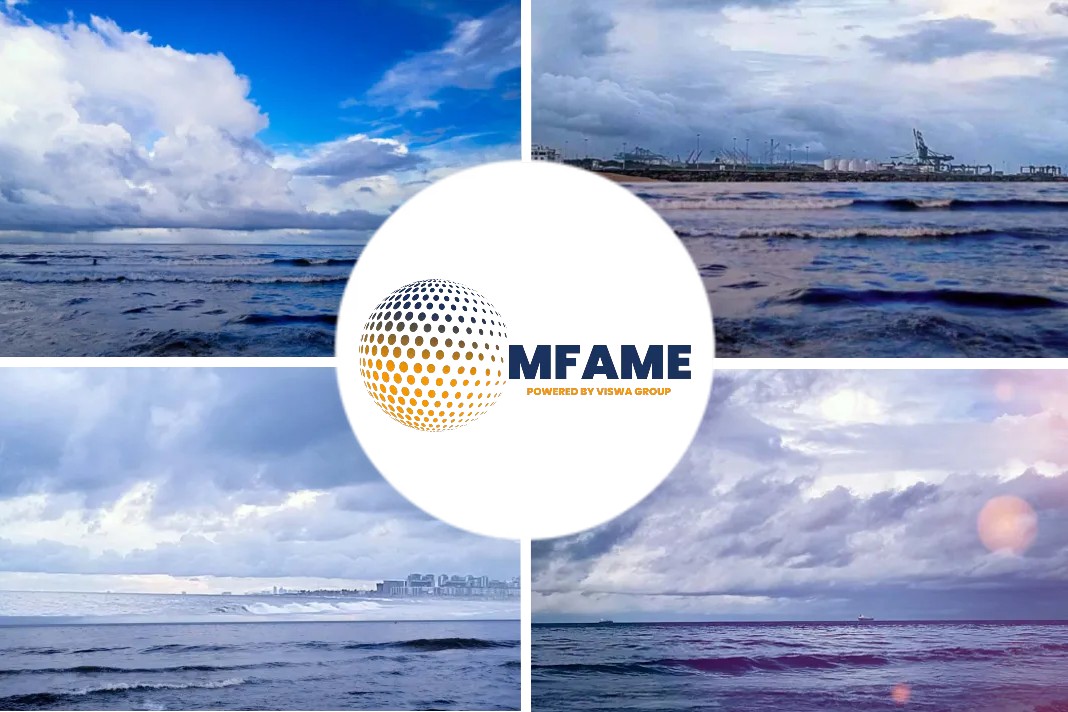
- Singapore Straits’ share 65% in Asia piracy
- Sulu-Celebes Seas’ threat downgraded
Sea robbery and piracy related incidents in the Singapore Strait rose to a seven-year high in 2022 but in contrast, the possibility of attacks by the Abu Sayyaf Group has declined considerably in the Sulu-Celebes Seas, prompting a moderation of threat assessment there, an international watchdog monitoring the trend said late Jan 17, reports SP Global.
Analytics
ReCAAP’s data is very closely tracked by commercial shipping companies, security officials, maritime analysts and ship and cargo insurance providers because it has a bearing on the overall risk assessment and insurance premium.
The incidents in the Singapore Straits increased to 55 last year from 49 in 2021, a level not seen since 2015, according to ReCAAP’s annual estimates.
Singapore, located along one of the world’s busiest waterways, has close to 1,000 ships anchored there at any given time. A ship calls at Singapore port every 2-3 minutes, bringing the total to around 130,000 ships a year and making it critical for maritime passage in the region to be piracy-free.
The release of ReCAAP’s annual data comes at a time when Asia’s maritime security is under sharp focus, particularly in the aftermath of the attack on tankers near the Persian Gulf in recent years, where the shipping insurance rates are firm due to an additional war risk premia.
Insurance premiums vary from ship to ship depending on its age and depreciation, but maritime insurance executives said given the prevailing situation, any decline is unlikely.
“The maritime traffic in Straits of Melaka and Singapore is so high that the target is at place and the environment is conducive for those who want to make a quick buck and are willing to risk their lives,” Krishnaswamy Natarajan, ReCAAP’s executive director said. However, if the crew is vigilant and raises the alarm, the incidents are mitigated, he added.
When contacted, tanker brokers in Singapore pointed out that most incidents that occurred at the Straits of Melaka and Singapore were categorized as armed robbery rather than high intensity piracy or terrorism.
Considering the huge volume of sea traffic that is transiting Singapore, the number of incidents is not so large, Natrajan said. The incidents are still much lower than the 2015 high of around 100, according to ReCAAP data.
The overall sea robbery and piracy related incidents across Asia in 2022 were almost unchanged from a year ago at 84, the ReCAAP data showed.
Threat at Sulu Celebes Seas downgraded
There were no reports of crew abductions by the Abu Sayyaf Group in the Sulu-Celebes Seas last year, according to ReCAAP. The Philippine Coast Guard has downgraded the threat assessment of abduction of crew in the area to “moderate” from “potentially high”.
Since threat assessment has a bearing on maritime insurance premia, it has been downgraded but Natarajan cautioned that due to the presence of remnants of the ASG in the area, the threat of abduction of crew for ransom in the region remains.
From industrial raw materials such as coal to essential food items like rice, billions of dollars worth of commodities move on commercial ships near the Sulu Sea and the Celebes Sea, industry estimates showed. Risk premia adds to insurance and therefore cost of commodities and inflation.
Earlier, ReCAAP used to advice ships to consider re-routing and even after the threat was downgraded “ship masters and crew transiting the area are strongly encouraged to exercise extra vigilance”, Natrajan said.
The Philippines and Malaysian authorities continue to conduct coordinated operations to prevent incidents in the Sulu-Celebes Seas but currently, no crew is being held in captivity by perpetrators, according to ReCAAP.
Established in 2006, ReCAAP is the first regional government-to-government agreement to promote and enhance cooperation against piracy and armed robbery against ships in Asia. It has 20 member countries, including all members of ASEAN except Malaysia and Indonesia.
“Efforts are being made to make Malaysia and Indonesia members and at an operational level, information sharing is already taking place,” Natarajan said.
Did you subscribe to our daily Newsletter?
It’s Free! Click here to Subscribe
Source: SP Global















